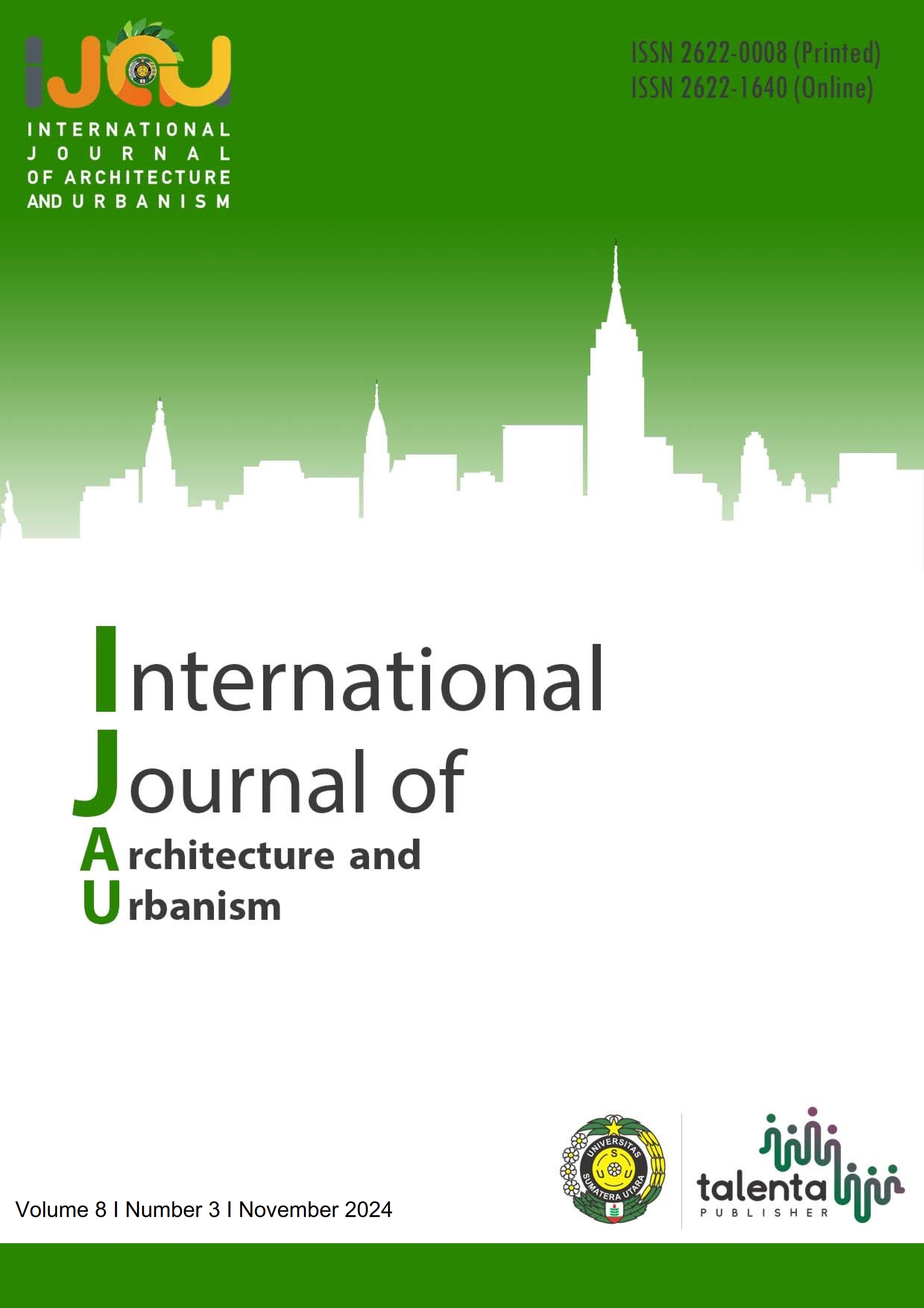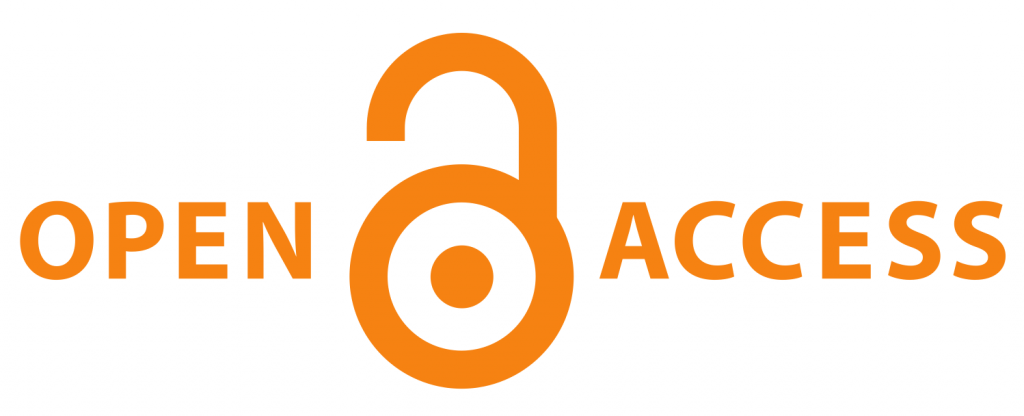The Determining Initial Toll Road Tariff Based On BKBOK, ATP And WTP (Case Study : Tebing Tinggi - Pematang Siantar Toll Road Section)
DOI:
https://doi.org/10.32734/ijau.v8i3.16953Abstract
The construction of the Trans Sumatra Toll Road or JTTS was initiated as a development strategy and backbone for Indonesia's strategic economic growth. One of the sections that will soon be operational in September 2024 is the Tebing Tinggi-Pematangsiantar Toll Road. Based on Indonesian Law No. 2 2022, the initial road tariff must consider 3 things: the user's ATP (Ability To Pay), the amount of vehicle operating cost benefit (BKBOK), and also the cost recovery of the investment. This study aims to determine the toll tariff based on BKBOK, ATP and WTP. VOC is calculated using the Binamarga 2005 method, VOC model Pd-T-15-2005. ATP is calculated using the Household Budget Method and WTP is calculated using a modification of Stated Preference based on 100 respondents of Class 1 vehicle owners. When calculating the amount of BKBOK, a significant difference in VOC is obtained when the vehicle passes through the toll road compared to passing through non-toll roads, which is Rp. 57,629. This study also shows that the value of travel time is IDR 24,773 per hour, and the value of travel time saving of the Golongan 1 vehicle is IDR 78,035. Travel time savings contribute more benefits than VOC savings, contributing 58% of the total benefits of Rp 135,664 received by the Group 1 toll user, or 35% more than the benefits of VOC savings. The recommended tariff to improve the service of Tebing Tinggi Pematangsiantar Toll Road is between Rp 1055 and Rp 1688 per km, or Rp 47500-Rp 76000. This tariff is willing to be paid by ± 5%-25% of motorists and able to be paid by ± 50%-85% of vehicles.
Downloads
Downloads
Published
How to Cite
Issue
Section
License
Copyright (c) 2024 International Journal of Architecture and Urbanism

This work is licensed under a Creative Commons Attribution-ShareAlike 4.0 International License.


.png)










